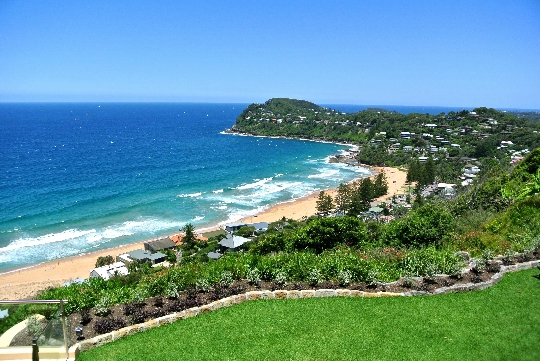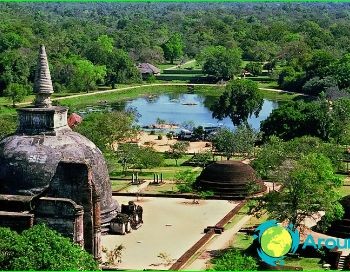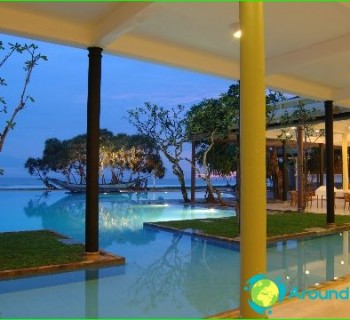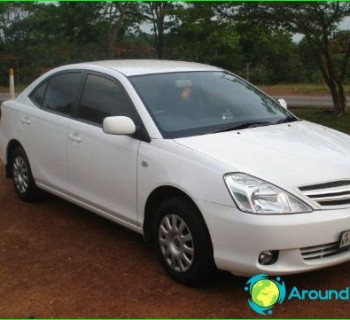North of Sri Lanka
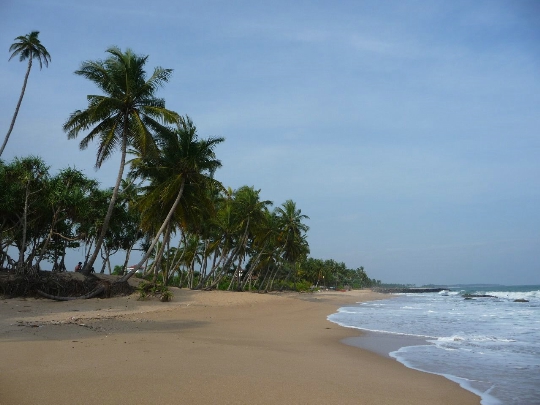
The island state of Sri Lanka has become world famous for its wonderful beaches and quality tea. This country is located near the southern coast of India, in the Indian Ocean. The north of Sri Lanka has long been considered the territory of the military. After 2009, the situation was resolved, and it was opened to travelers, which caused a rapid growth in the tourist flow. In recent years, the northern part of the country has again become an unsafe destination for tourists..
Natural features
In the north of Sri Lanka, the relief is represented by plains, both flat and hilly. In the center and in the south of the country there is a highland with the highest point - Mount Pidurutalala. In the southwest of Sri Lanka there is a tropical evergreen forest where ferns, banyans, various palms, ebony, etc. grow. Many years ago, the island was covered with jungle, but most of the forests were cut down in the 19th century, making room for plantations. On the lands of Sri Lanka, coffee, rice, tea, coconuts, etc. are grown. The visiting cards of the country are spices, amazing tea and precious stones, the center of which is the city of Ratnapura..
Climate
The north of Sri Lanka is in the monsoon subequatorial climate, and the south is in the equatorial zone. The temperature in the lowlands is at +27 degrees year-round. In mountainous areas, it is + 23-25 degrees. There are heavy rains on the island in summer. From mid-autumn to January, precipitation also falls here and strong winds prevail..
What to see in the north
Five districts form the northern province of the country: Mannar, Jaffna, Kilinochi, Vavuniya, and Mullaitivu. The administrative center of this region is the city of Jaffna, which is located on the peninsula of the same name. The north of Sri Lanka has been at war for three centuries. This affected all spheres of life of the population. In this part of the country there are natural beauties, historical sights, interesting architectural structures. Previously, the city of Jaffna was considered a kingdom that lost its independence after the Portuguese appeared on the island. Then Jaffna passed into the power of different colonizing peoples. The outbreak of civil war lasted 300 years and ended only in 2009. Today Jaffna is the largest trade and transport center of the island. The local population consists of Tamils and Sinhalese. Tamils who came from South India are adherents of Hinduism. In the north of Sri Lanka, you can see numerous Hindu temples. Jaffna is connected to the island by a dam. You can get to this city only with transfers from Colombo.
